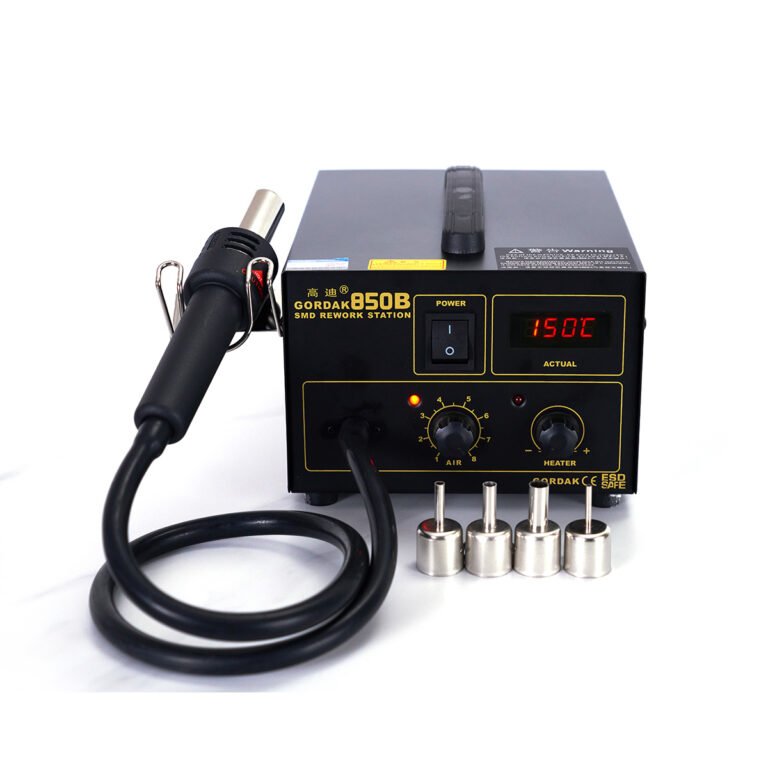Soldering is one of the most fundamental processes in electronics. From smartphones and laptops to household appliances and industrial equipment, nearly every electronic device relies on soldering for assembly and repair. Without soldering, modern electronics simply wouldn’t exist in their current form. But why is soldering so important in the field of electronics? Let’s explore the key reasons.
1. Creating Strong Electrical Connections
The primary role of soldering is to create reliable electrical connections between components and circuit boards. Properly soldered joints ensure that electricity flows smoothly, preventing short circuits, voltage drops, and performance issues. A solid solder joint is the backbone of every functional electronic circuit.
2. Mechanical Stability
In addition to electrical conductivity, soldering provides mechanical strength. Components soldered to a circuit board stay firmly in place, even when subjected to vibration, movement, or handling. This stability extends the lifespan of devices and ensures consistent performance.
3. Repair and Maintenance
Soldering makes it possible to repair or replace faulty components without discarding an entire device. With the right tools, technicians can:
- Remove damaged components.
- Re-solder new parts in place.
- Restore the device to full functionality.
This process is cost-effective, reduces electronic waste, and supports sustainable practices.
4. Prototyping and Innovation
For engineers, students, and hobbyists, soldering is essential for building prototypes. It allows designers to test new circuit ideas, refine designs, and bring innovations to life. Without soldering, experimenting with electronic concepts would be much more difficult and time-consuming.
5. Compatibility with Modern Technologies
From traditional through-hole components to advanced SMD (surface-mount device) technology, soldering adapts to various assembly methods. Specialized tools such as soldering stations and hot air rework stations make it possible to work with both large and micro components in today’s compact electronics.
6. Ensuring Long-Term Reliability
A properly soldered joint resists corrosion and maintains conductivity over time. This reliability is critical in industries such as automotive, aerospace, telecommunications, and medical devices, where failure can have serious consequences.

Conclusion
Soldering is far more than just melting metal to join parts together—it is the foundation of modern electronics. It enables strong electrical connections, provides mechanical stability, supports repair and maintenance, fosters innovation, and ensures long-term reliability. Simply put, without soldering, the electronics we depend on every day would not exist.
About GORDAK
When quality and precision matter, GORDAK is the brand professionals trust. With over 30 years of experience, GORDAK is a leading manufacturer of soldering and rework equipment, offering:
- Advanced temperature control for precise soldering
- ESD-safe designs for sensitive electronic components
- Durable and affordable tools for both beginners and professionals
- Responsive customer support and global service
From simple repairs to advanced electronic manufacturing, GORDAK provides the reliable solutions you need to succeed.
Contact: info@gordakelec.com
Soldering Basics & Tutorials
A Step-by-Step Guide to the Soldering Process
An Introduction to SMD Soldering Techniques
A Beginner’s Guide to SMD Soldering
DIY PCB Soldering: Tools, Tips, and Techniques
How to Use a Soldering Iron – A Beginner’s Guide
Essential Tools and Supplies for Soldering Beginners
Essential Electronics Soldering Tips and Tricks for Beginners
Essential Tools for Soldering Circuit Boards
The Importance of Soldering in Electronics



